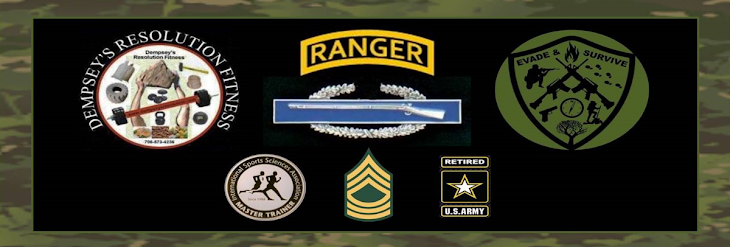My experiences with sportsmanship were mainly centered around the realm of pugilistic activities, such as boxing, kickboxing, karate, tae kwon do, kung fu, wrestling, judo and jiu jitsu. Simple acts of sportsmanship that I witnessed daily were things like touching gloves at the start of a fight, helping your opponent up after you knocked him down, kneeling when an athlete was injured, showing respect by bowing and handshakes before and after a match and other general courtesies. These small, but meaningful actions were equally valued in western sportsmanship as well as in eastern bushido. These actions had a great impact upon my social development, as I followed these principles outside of the training halls and fighting arenas. This is what some of the early intentions were about, for those who influenced the growth of sports in our country. Instilling teamwork, discipline, self-confidence and a competitive drive are some of the benefits for both traditional sports and martial arts. These traits would help me later in life, as I transitioned from the martial arts training hall, to the training and battle fields with the U.S. Army (Szczepanski, 2015).
I have also observed acts of sportsmanship during my own actual matches in different martial arts or combat sports. One time during a tae kwon do match, I threw a punch so hard at my opponent, that I dislocated my shoulder, when the opponent slipped the punch. The referee didn’t see what happened and the match continued. At first, my opponent was eager to rush in and score the finishing points on me as I clutched my injured shoulder. He then realized that I was really hurt and he had a serious advantage over me. He could have finished the match with a victory. Instead, he told the referee that I was hurt and the match ended in a tied score. I later thanked him for his display of sportsmanship and he said that he knew I would have done the same for him. And I definitely would have. Winning a match due to an unfair advantage violates the concepts of sportsmanship and of bushido (Ohlenkamp, 2016).
Sportsmanship has also impacted my life within society, in many ways. It prepared me for the drill, ceremonies, courtesies and honors, taught by the military. It also made me a better person overall. I was once on a crowded bus in Germany, heading into a big city. There was a pregnant mother standing with her young son, who was wearing a judo uniform. As soon as I saw them, I immediately offered my seat to the lady. She was very thankful for my gesture. It wasn’t a conscious thought or action, but rather instinctive or reflexive in nature, like blocking a punch. It was just the right thing to do at the time. I’ve had many instances where sportsmanship learned through my years of training, had a direct impact on my actions, outside of any competition grounds. And I believe that these traits and virtues are taught and learned through sports. I only hope that as the moral decay of our current society continues, athletes from all sports, will set the example for others to follow (Daily, 2016).
References:
Appenzeller, H. (2011). Ethical behavior in sport. Durham, N.C.: Carolina Academic Press.
Szczepanski, K. (2015). The Role of Bushido in Modern Japan. About Education. Retrieved from http://asianhistory.about.com/od/japan/fl/The-Role-of-Bushido-in-Modern-Japan.html
Ohlenkamp, N. (2016). Martial Art vs Sport. Judo Info. Retrieved from http://judoinfo.com/sport.html
Daily, S. (2016). Sportsmanship: A Deeper Understanding and its Importance Beyond Sports. Decatur Sports and Recreation. Retrieved from http://www.decaturparks.com/sportsmanship-a-deeper-understanding.php
Eric Dempsey
MS, ISSA Master Trainer













No comments:
Post a Comment